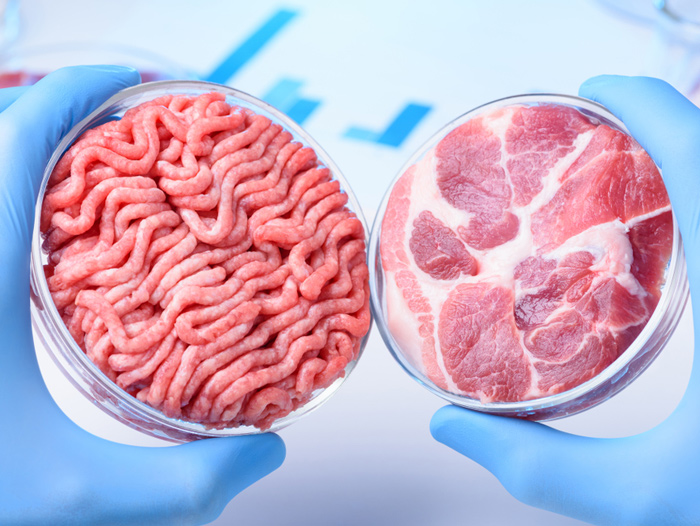Sizzling Interest In Lab-Grown Meat Belies Lack Of Basic Research
February 6, 2019 | 1 min to read

Private investment in lab-grown meat is soaring as companies chase the promise of boundless — and delicious — nuggets, steaks and burgers cultured in vitro rather than reared on the hoof. Clean-meat start-ups have raked in tens of millions of dollars in the last two years from billionaires such as Bill Gates and Richard Branson, and the agriculture giants Cargill and Tyson.
But funding for academic research on lab-grown meat has lagged behind, and some researchers say that it is sorely needed. Despite the booming commercial interest in developing meat that is eco-friendly and ethically sound, critics argue that the industry lacks much of the scientific and engineering expertise needed to bring lab-grown meat to the masses. And any advances made by commercial firms are often protected as trade secrets.
“There are lots of technical hurdles here to overcome,” says Paul Mozdziak, a muscle biologist at North Carolina State University in Raleigh who studies lab-grown chicken and turkey. The challenges include developing better cell lines and nutrient media to feed those cells, along with scaffolding materials to help shape cultured cells into tissue, and bioreactor platforms for large-scale meat production.
To read the rest of the story, please go to: Nature
